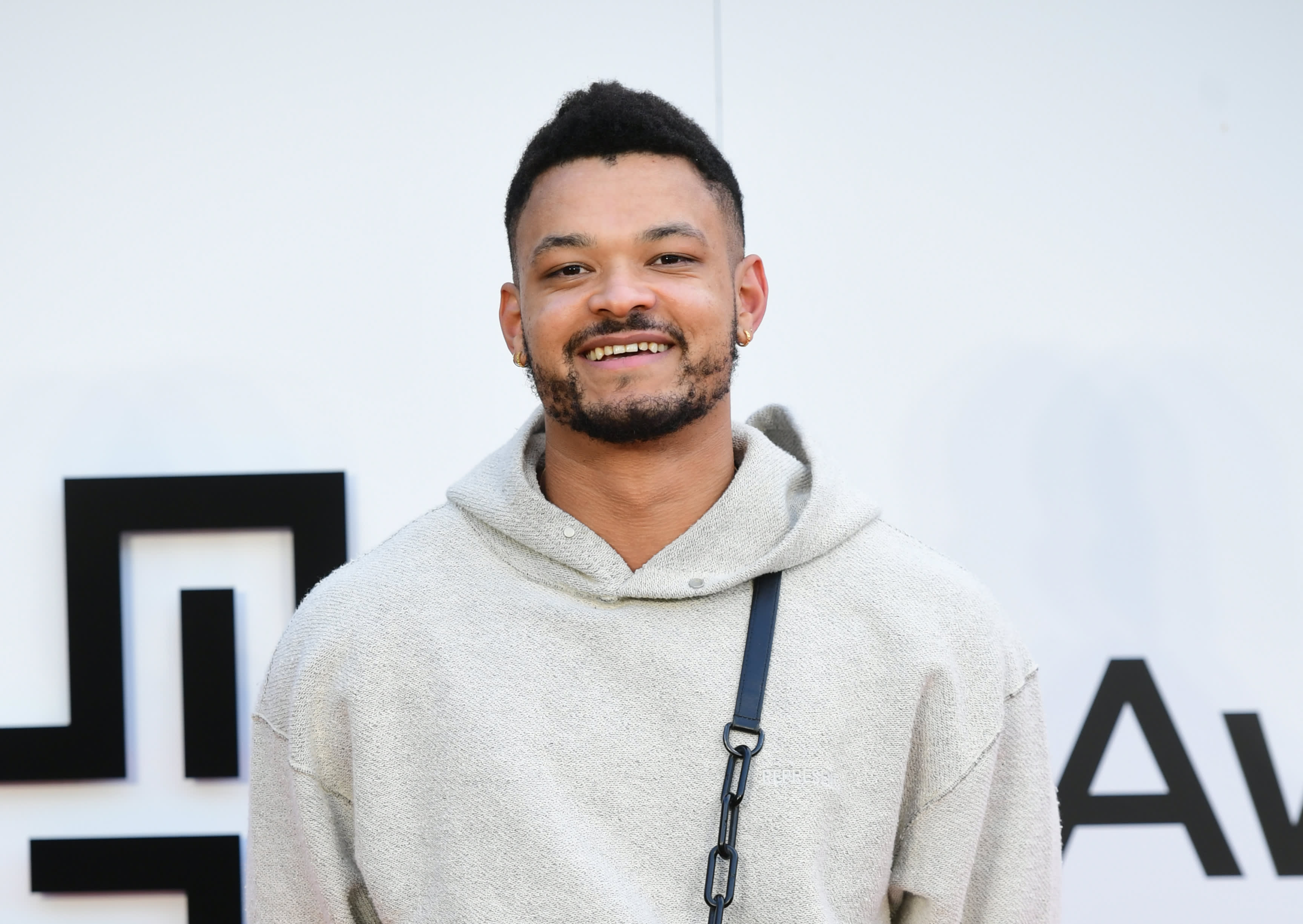
Steven Bartlett founded social media marketing agency Social Chain at the age of 22 and created the popular podcast “The Diary of a CEO.”
Ian West – PA Images | PA Images | Getty Images
Steven Bartlett is set to make $1.2 million this year from his podcast, “The Diary of a CEO.” The 29-year-old entrepreneur explained in the latest episode how he has effectively monetized the popular podcast.
Bartlett is the founder of social media company Social Chain, which he launched from his bedroom in the U.K. city of Manchester at the age of 22. He took Social Chain public in 2019, listing with a market capitalization of $350 million on Germany’s Dusseldorf stock exchange, before leaving the business in 2020.
Bartlett was recently named as a new judge on the TV show “Dragon’s Den,” the U.K. equivalent of “Shark Tank,” becoming the show’s youngest ever “dragon.”
He created “The Diary of a CEO” podcast around 4 years ago with a $100 microphone plugged into his laptop. It is now said to be the top business podcast in Europe, with guests ranging from singer Liam Payne, a former member of boyband One Direction, to Monzo founder Tom Blomfield.
In the latest episode of the podcast, released on Monday, Bartlett detailed how he’d managed to build a following and gave key tips on how other budding podcasters could also make money.
Cut out the middleman
Bartlett said most podcasters make their money from reading out adverts in the middle of a podcast episode. He explained there’s usually a podcast advertising agency acting as a middleman between the podcaster and the brand.
“The issue with this is that the middleman is taking a big, big cut and the brand is paying a fixed fee per download regardless of how good your show is, who you are or how valuable your audience is,” Bartlett said.
He said that this traditional way of monetizing a podcast was not sufficient for him to cover the costs of producing it, so he decided to cut out the middleman and contact five companies directly that he liked.
Bartlett sent the CEOs of these companies a short presentation arguing why they should sponsor his podcast, including its audience growth and his plans for the future of the show.
“It’s not often or typical that a creative or influencer goes and pitches themselves to a brand but I swear if you have the guts, skill, effort and hard work to do that, you can get amazing deals and deals that are authentic to you,” he said.
Bartlett’s show has three main sponsors — nutrition brand Huel, freelancer platform Fiverr and renewable energy product manufacturer Myenergi. He has a 12-month contract with these sponsors, which he said helps him with forecasting for the show.
In addition, Bartlett said he has the “odd brand or collaboration opportunity maybe once every other month which I might mention on the show from time-to-time.”
These sponsors pay “varying fees” but Bartlett said that his podcast is estimated to generate $1.2 million this year.
“So it turns out the naysayers I encountered when I started were wrong and there is money in podcasting and you can turn it into a really lucrative business,” he said.
Consistency
For the first few years of his podcast, Bartlett said he was “never ever consistent” with releasing episodes. However, he said when he made the decision to commit to releasing an episode every Monday the podcast’s audience growth “absolutely exploded.”
“Consistency unlocks everything — it teaches you faster than everybody else, it compounds growth and as it relates to content and building audiences, it helps to establish a cadence which keeps them coming back for more,” Bartlett said.
Bartlett said it was important to understand where audience growth was coming from given that the vast majority of new podcast discovery didn’t happen on platforms like Spotify and iTunes, on which episodes are streamed. Bartlett said posting videos of his podcast on YouTube helped in terms of content discovery because it has the rolling recommendation of videos.
In addition, Bartlett said it was essential “in all aspects of your professional life to find the right balance of having consistency and quality at the same time.”
In a few instances, he explained that interviews for the podcast had not been aired because he believed the conversation had not been “valuable enough” to share with listeners. Bartlett said having this kind of standard helped to improve the quality of content.
In terms of costs, Bartlett said he had spent around £40,000 ($54,856) on equipment, as well as employing eight people to be involved in the podcast’s production, but added that “podcasting can be remarkably cheap, especially if you don’t want to video it.”
Check out: TikTok star Brooke Monk gained 16 million followers in less than 2 years — here’s her secret




